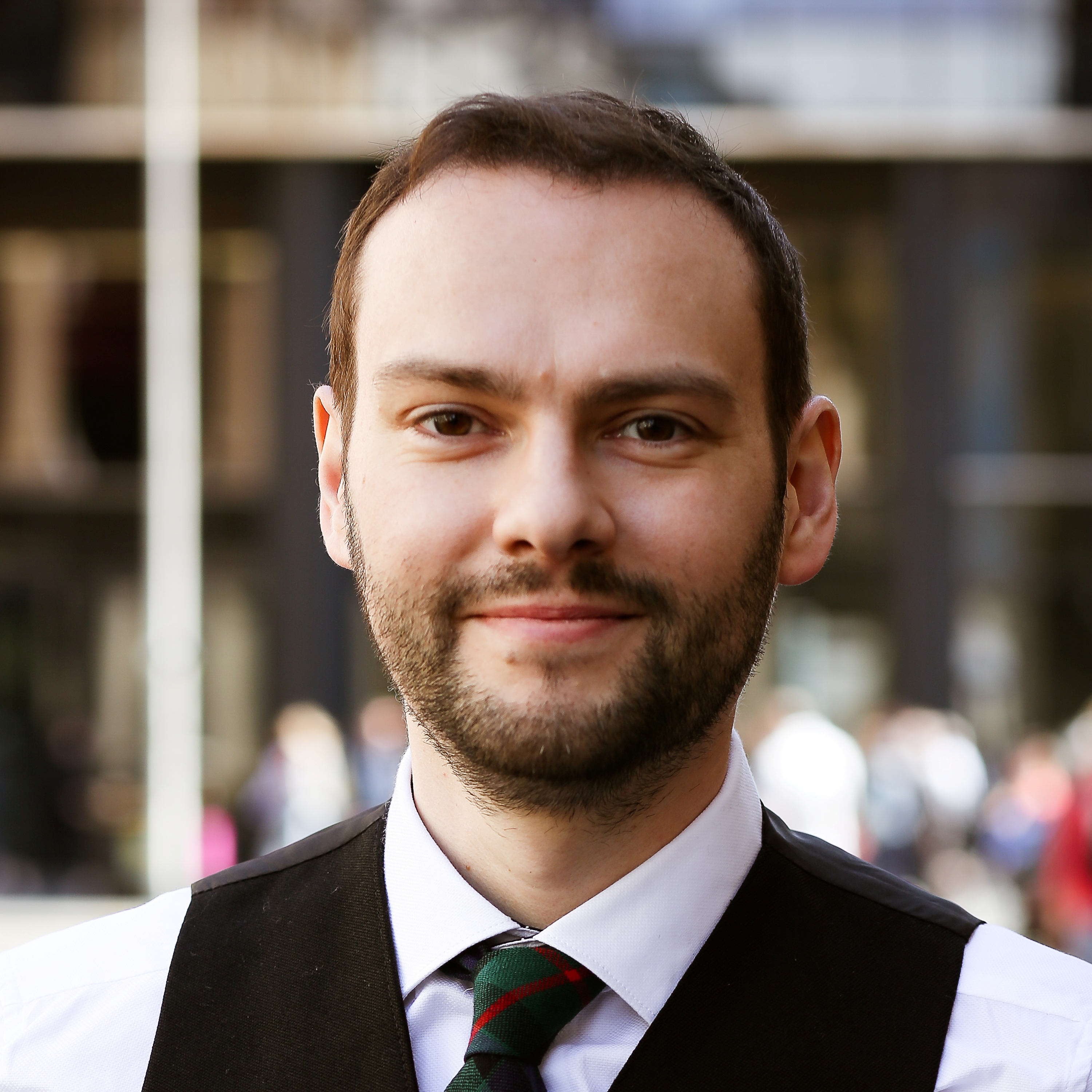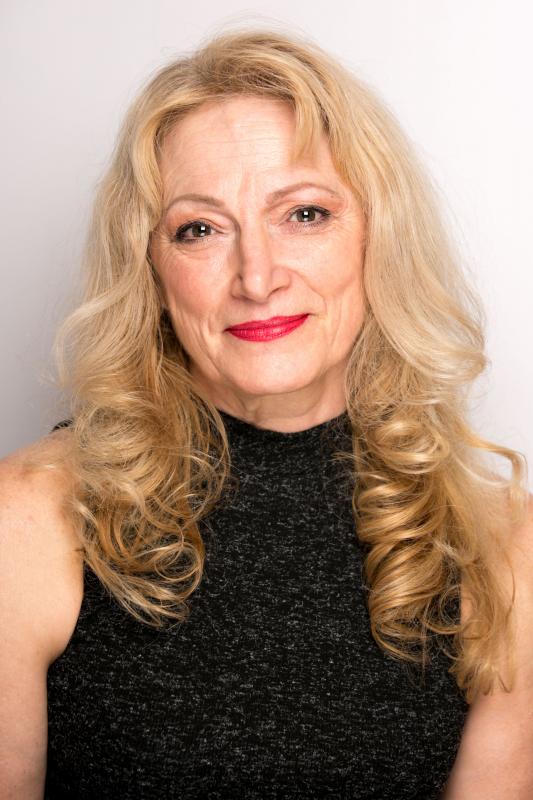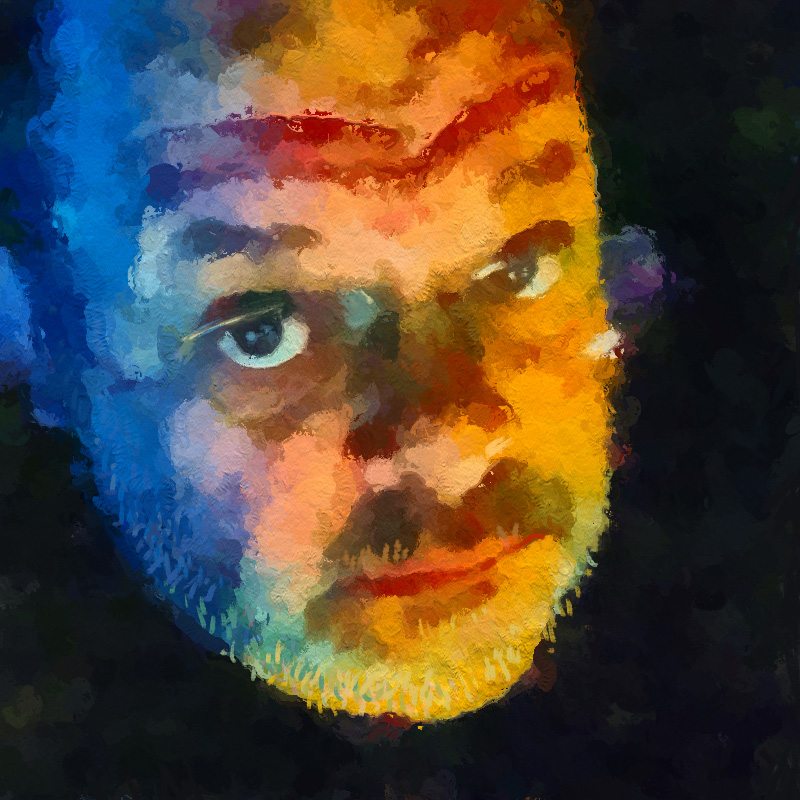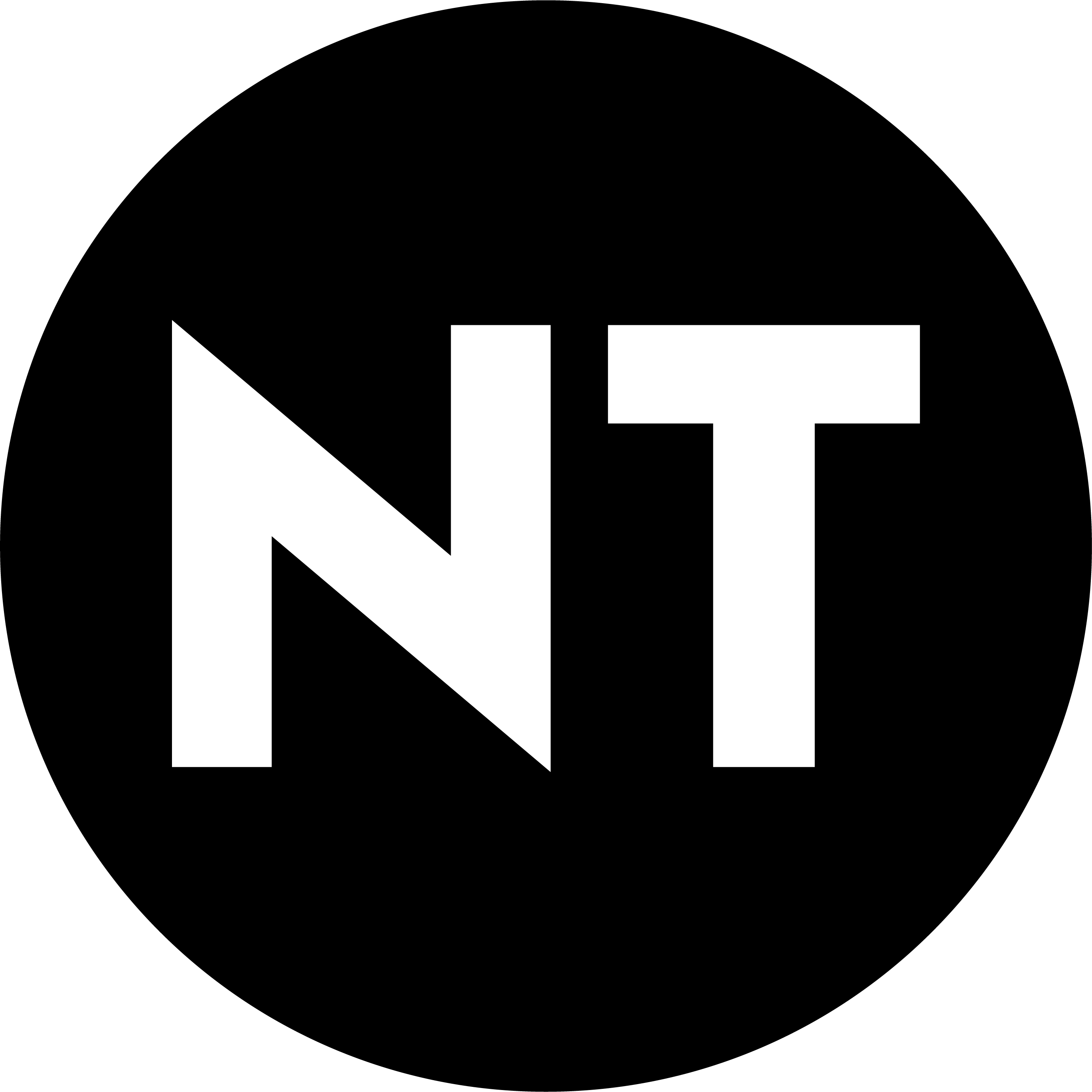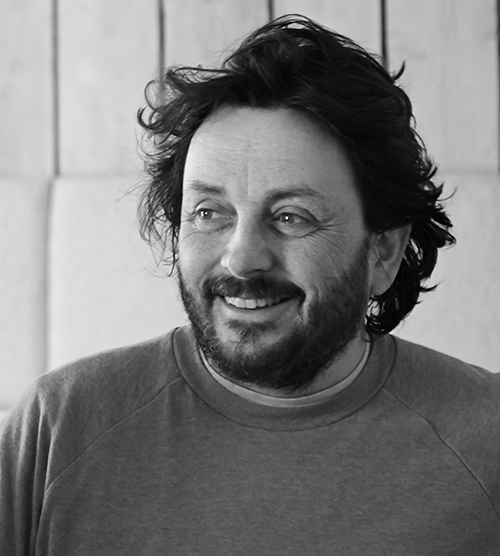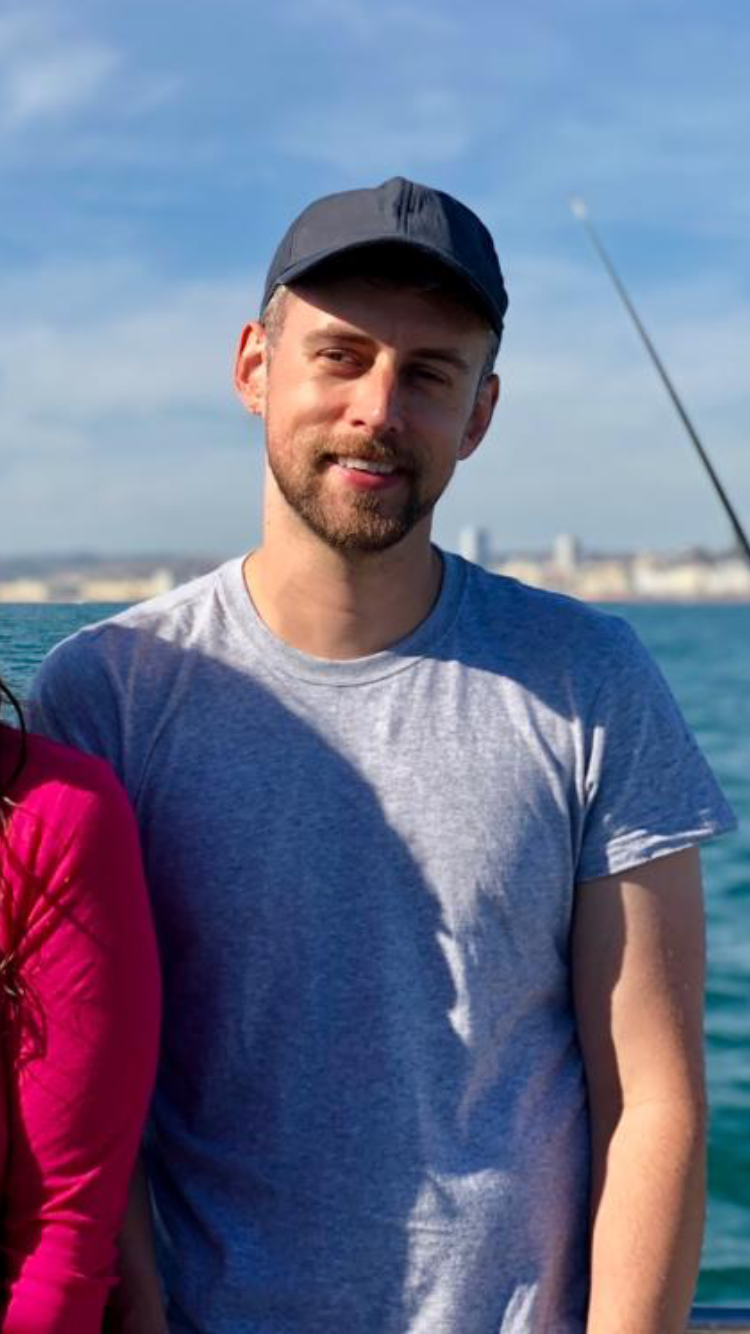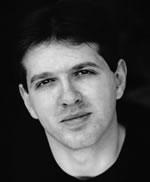ASK & DISCUSS
INDEXAdvice on Directing
6 years, 2 months ago - James McCann
Hello all,
What top three pieces of advice would you give to first-time directors?
I ask because I see a lot of the same technical stuff in books and classes, but then I'll hear an interview with a filmmaker who will say something that is incredibly brilliant that no one covered.
So I just wondering, whether you be a director or in any other capacity, form your own experiences in film, what advice would you give, what problems would you warn to look out for?
Thank you all,
James
Only members can post or respond to topics. LOGIN
Not a member of SP? JOIN or FIND OUT MORE
6 years, 2 months ago - Andy Gunn
1. Cast until you're happy. During auditions let the actors do their own thing first, then give them an adjustment to make sure they can take direction and that you can work together. Always audition with the most difficult scene in the script.
2. Keep directions short and to the point. Use pre-production discussions with your designers and cinematographer as practice articulating what you want from each scene. Then when an actor asks you a question on set, you can reply with a sentence or (better yet) a word.
3. Remember you're in charge. Show up early and prepared, don't lose your temper, and be decisive.
As for problems to look out for, there's the old maxim: all mistakes are made in pre-production.
All the best,
Andy
6 years, 2 months ago - Margaret Dane
If you can, of course you can shadow another director, work on their films, etc. What I am finding extremely helpful (as a first time director) is watching Masterclass.. I believe you can get a one week trial free and then watch the crap out of the film directors on it. I especially liked Ron Howard's classes, (30 + parts) because he SHOWS several scenes, what he does, why he does it. Martin Scorsese, Spike Lee was great, Werner Herzog,are really helpful.. Good to watch the masterclasses on Actors too. Samuel Jackson, Helen Mirren, since they speak about how they work with directors. Plus all the screenwriteres...David Mamet, Aaron Sorkin...all great information all have 30+ lessons. It is the best investment I ever did concerning filmmaking. But if you can get a free trial, do that, watch the hell out of it, or if a friend has it you can use theirs. It is soooo worth it.
6 years, 2 months ago - Jane Sanger
When you actually direct a feature film it’s not as you know shot in order so I like to remind the actors what happened before the scene and what emotion they are bringing to the scene we are about to shoot. Also discuss in rehearsals what each character thinks/ feels about the other characters and why?
6 years, 2 months ago - Mario Cavalli
James, I used to direct a lot of TV commercials, though having arrived there via animation, I didn't follow the usual career path that most TV Commercial Directors take, which is from an advertising agency to an established production company with Producers and Production Assistants and knowledge of available expertise among film-making professionals -- Lighting Cameramen, First Assistant Directors, Art Directors, Costume Designers, Sound Recordists, Editors etc. -- and where to find them. A novice TV Commercials Director, more often than not an ex-copywriter with one or two award winning spots under their belt but no visual training or background is thus supported by a crew of people who do actually know what they're doing. Some of them eventually become pretty good directors themselves.
As a first time Director, you don't really need to know anything technical, you just need a clear idea of what you want to achieve and the ability to communicate that in a good humoured and non-confrontational way to those who do know how to achieve it. No tantrums, no egos. Teamwork. A good First Assistant Director can be a vital help on set, ensuring that everyone is where they should be, doing what they should be doing, if they have a good loud and clear voice, even calling Action! and Cut!, when you given the nod, of course. A good First will be a good organiser. Very often, they eventually become Producers and a Director's most important ally.
As a first time Indie Director, you probably won't have the financial resources to pay top crew but you can still tap into the best up-and-coming talent that you might find here, or on Vimeo, or YouTube, or coming out of film-schools and attract them to your project by enthusing them with the creative possibilities of your project and allowing them their creative head. It's very important to choose people whose work you already like or you'll be storing up no end of 'creative difference' trouble further down the line. The same applies to casting. Always go for the best, even established stars. If the part is perfect for them, tell them why, they can only say no. Remember, most actors are not working most of the time. Even if you have little or no money, if their schedule allows, working with a new but talented director on his or her way up may well pay them dividends later in their careers. They know that.
If your budget is very restricted, at the very least, feed your crew and cast. Well. As well as you can afford. And cover any out of pocket expenses, travel to the set, whatever. That will buy you a lot of good will.
Lastly, what I probably should have started with, is preparation, preparation, preparation. As an animation director, I am used to storyboarding everything myself, even shooting and editing the storyboard beforehand, editing it to a guide track to get a sense of the visual rhythm and structure of the film before committing to anything on set. This approach might not suit everyone. Some directors favour a more spontaneous approach, waiting to find the shot or the moment on set, though this can be a very expensive luxury in the hands of someone who doesn't really know what he likes until he sees it. A Mike Leigh type director plikes to prepare through extensive improvisation with his cast but even Leigh has an art school background and a strongly visual sense and style, honed through close collaboration with a small crew of trusted friends over many years.
If you can't draw, find someone who can, or do it as best you can, stick figures even, whatever it takes to put across camera position, size of shot, what's important in shot, how it should be framed. Storyboarding is not the only aspect of preparation, of course but it's the first thing a Director needs to do and informs every instruction and creative decision as you move ahead into production.
And be lucky!
6 years, 2 months ago - No Trace
Hi James, take a look at out directing masterclass, you might find it useful. Below are some testimonials from former attendees.
https://www.notracefilm.com/new-events
Excellent- an incredible experience - to be taught by and inspired by someone with years of experience and first hand knowledge is invaluable. The speaker covered so much and packed so much information into a one day course. Absolutely total value for money, we barely stopped in 7 hours. I would highly recommend this course. SHERIDAN, PHOTOGRAPHER
The speaker is a super great teacher, it has helped me to understand the key responsibilities of being a film Director and how directors achieve their vision. It has definitely helped me to gain confidence and preparing to work in the film industry. ALAN, AV MANAGER
My overall assessment of the course was that it was so instructive, it was so useful for beginners and intermediates. I think the part that was the most interesting to me was the directing roleplay. I've directed before and it was so good to see how I fall into the same traps that everyone falls into from time to time. It made me aware of those things and gives me a much better view of my career path now. MATTHAIS, DIRECTOR
I'd like to say how much I enjoyed the Directing Course at the Groucho Club. Not a moment of the course was wasted and it was packed with useful material. KIERAN, EDITOR
6 years, 2 months ago - James McCann
Thank you so much for the replies everyone.
Every little bit of 'real-world' advice/experience helps.
6 years, 1 month ago - Graham Atkins-Hughes
Read this book, if you haven't already A Director Prepares: Seven Essays on Art and Theatre, yes it's by a theater director, but it's brilliant
http://tiny.cc/3c7zcz
6 years, 1 month ago - Simon Brooke
Hi James, I've made two short films, so I'm not a seasoned director, but the first was terrible, and I applied everything I learned through that failure to the second and that made an enormous difference. Here's what I learned, in no order.
Don't put pressure on yourself that this needs to be your breakthrough short. Some people smash it first time, some don't, but don't expect that you will, or the pressure will prevent you from making decisions. Think of it as a learning exercise.
Be prepared. It's nobody else's job to have an overview of everything, so make sure you know what you want.
Don't settle with casting. If you've found the right person, you'll know, and don't cast until you do. Having an actor on set that is a safe pair of hands will really help you. And if they aren't you'll have to keep moving on before you're happy. Ask the actors what they need to be their best and then give them that. You need the actors on side. If your script and actors are good, you've got a working film.
Know what you want. The whole cast and crew will turn to you for answers, so have the grand plan in mind. Makes sure you plan but know that planning won't prevent matters out of your control from forcing things to change. Be prepared but adaptable.
Be nice and hire nice people. Sets can be awful if one person is a dick, and they can be fantastic if everyone is having fun.
Make the catering good. If people are doing favours or freebies, they'll at least feel well looked after while they're doing it.
Hope that helps
6 years, 1 month ago - James McCann
Cheers for that, Simon (and everyone else). I appreciate the feedback.
6 years, 1 month ago - NICHOLAS PROSSER
Hi James,
It's difficult to write what we do in a few words but here are just a few pointers.
Make sure you understand the scene and are happy with the script.
Prepare in advance a camera script (single or multi-camera) by determining the staging and the shots with plans so that instantly know the scene when you come to look at it some time later. You can change it when you rehearse but have a foundation stone.
Talk to the actors briefly about what the scene is about and indicate where the character is in the story, relations to others plus mood e.g. agitated, angry, calm, relaxed, but be brief, i,.e. not an essay.
Stage the scene without reference to camera shots, including when characters look at each other.
Identify key change moments in the scene to provide gear change opportunities for mood, staging and shots.
Get the shot you want and not the one the camera operator might be offering that's different.
However, accept good ideas from wherever they come from, remembering to stay in control as the director. Don't let the trumpets play a different melody from the 2nd violins. .
Throughout the rehearsal and even during takes, give small notes to actors on emphasis or intonation.
Praise when possible and fill them with confidence that it's working but -give notes - - "if you" - - - - that would be good.
Know in your head how each shot marries to another.
Know when you are happy with a scene
These are just a few thoughts that I hope are useful.
Nicholas Prosser : 400+ broadcast television credits in drama series and serials.
6 years, 1 month ago - Lance Patrick
Hi James,
the most important thing is research, knowing your story, knowing your characters, knowing the reasons why John likes apples and Amy is terrified of dogs. So you're never unsure of anything yourself and if any of your talent have questions about characters or the reason behind something, then you know the answer.
Know what you want from a story, communication with cast and crew.
Good luck and make sure you enjoy it ;-)


